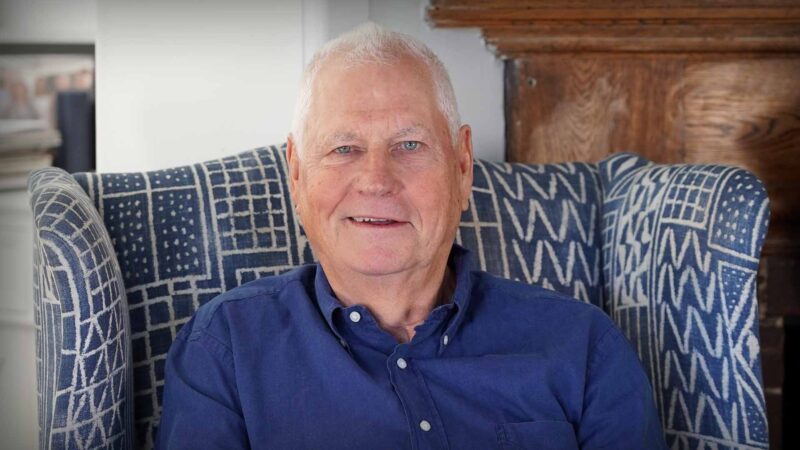Adelaide, South Australia wants to let the secret out, and be known as hub for medical devices, pharmaceuticals, biotechnology, and digital health. It boasts world-class research institutions, such as the University of Adelaide and SAHMRI, fostering innovation and collaboration. The city’s supportive government policies provide incentives, grants, and streamlined regulations for businesses. Adelaide’s skilled workforce, renowned for its expertise in health sciences, offers a talent pool to drive industry growth. Additionally, the city’s strategic location, advanced infrastructure, and strong healthcare ecosystem make it an ideal base for development, manufacturing, and market access, attracting companies in these sectors.
Australian Health Journal spoke to Jo Close, heading the Adelaide arm of MTPConnect about the opportunity its building through its role as the industry growth centre, to help increase commercialisation and collaboration across the sector, optimise the regulatory environment, improving workforce skills and access to markets globally.
One of the companies showing world leading MedTech capabilities arising from Adelaide is Additive Surgical, the first company in Australia to manufacture 3D Printed Titanium novel spinal implant technologies. Its mission is to manufacture the highest quality medical technology in Australia that positively impact the lives of people globally.
Australian Health Journal met with Co-founder and CEO Gibran Maher.
Maher states, “Additive Surgical is committed to supporting Australian innovation and works closely with the Australian clinicians, hospitals, research institutions and universities to innovate and manufacture locally.”
Maher points out the ability to compete is made possible through supportive collaboration with government, research and other enterprises seeking to learn from each other. But to truely compete in international markets, Australia’s needs to further strengthen its sovereign capability.
Currently Australia imports more than 80% of its medical devices. Large multinational companies have very strong market share in Australia and the profits from these companies are largely returned to their international shareholders.
Additive Surgical is committed to manufacturing in Australia, developing intellectual property in Australia and supporting Australian innovation and commercialisation.
You Might also like
-
Jamie Stanistreet talks Medical Technology
Jamie Stanistreet
Retired Managing Director Medtronic Australia and New Zealand
talks Medical Technology in Australia and the Asia-Pacific -
Dental marketing insights from leading authority
Winning the Australian Dental Industry Award for Marketing has had a big impact to Dental Marketing Solutions. As Angus comments in closing, “Receiving the award is social proof to say, well, these guys must know something, because an independent body of their peers has assessed them and said”. He added, “Certainly it’s been good in terms of building our business.”
-
Integrated oral health care in midwifery practice
There is limited emphasis being placed on perinatal oral health by prenatal care providers in Australia. Pregnant women have no system in place that can offer them regular oral assessment during pregnancy and prompt dental treatment at minimal or no cost as experienced in other countries. To address the oral health needs of pregnant women, a unique midwifery initiated oral health (MIOH) model was developed to promote and maintain maternal oral health.



